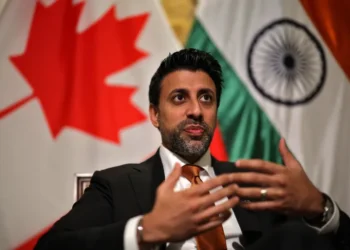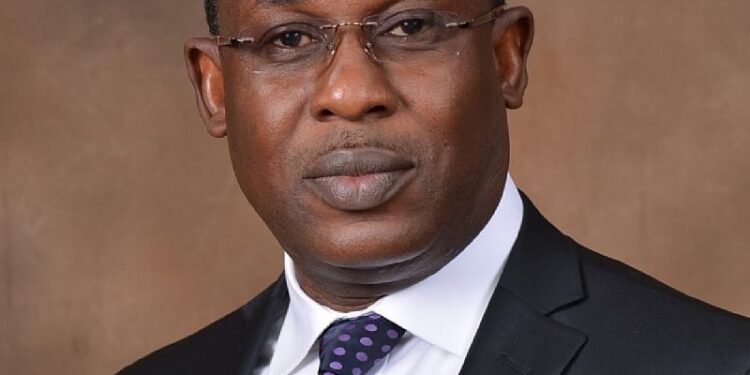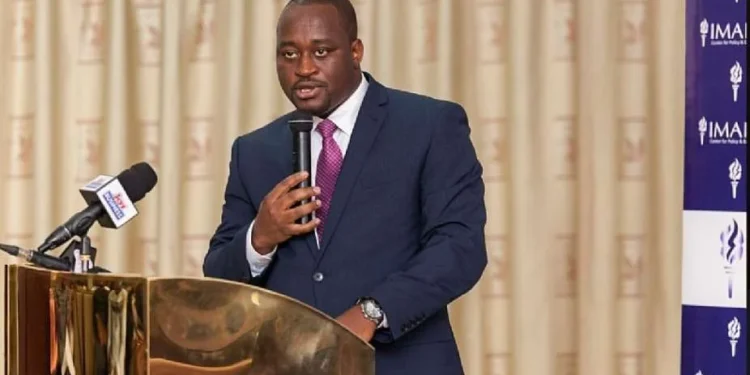As India’s election authorities counted the votes after a six-week-long election, Indian Prime Minister Narendra Modi’s Bharatiya Janata Party (BJP) fell well short of its performances from 2014 and 2019.
BJP underperformed expectations, particularly in their Uttar Pradesh stronghold, and is projected to win only 240 seats, far short of the 272 needed for a majority in India’s lower house of parliament.
It is the first time since Prime Minister, Narendra Modi was elected in 2014 that the BJP has not won a clear majority on its own.
Meanwhile, in an address, Modi hailed the NDA’s victory, noting it was the first time since 1962 that a coalition had won three elections in a row.
By contrast, the opposition INDIA alliance, led by the Congress party, won significantly higher than exit polls had predicted.
Released on June 1 after the final phase of India’s election cycle, the exit polls had suggested that the BJP would outdo its 2019 tally of 303 seats. Clearly, the landslide for the BJP predicted in polls had not materialized.
Nonetheless, together with its political allies, known as the National Democratic Alliance (NDA), BJP’s win amounts to about 292 seats, which is enough to form a majority government to rule for the next five years and return Modi to office for a third term.
The weak showing means that Modi will have to rely on BJP-led NDA coalition partners like no other time during the party’s last two terms in the majority, raising the prospect of more checks on Modi’s rule.
Sandeep Shastri, the national coordinator of the Lokniti Network, a research programme at the New Delhi-based Centre for the Study of Developing Societies (CSDS), said, “India will likely have an NDA government, where the BJP does not have a majority on their own, and coalition politics will come into real play.”
The BJP’s ability to continue with its more hardline Hindu nationalist policies could also be impeded as it is forced to rely on its coalition partners, some of which do not have the same Hindu-first agenda, and analysts said Modi could be forced to take a more pragmatic or consensus-based pathway in policy than ever before.
The changed composition of India’s next parliament might also affect how laws are passed. Critics have accused the BJP government of ramming laws through parliament without discussions and debate.
Shastri noted that it will not be easy any more, adding, “It is going to be a much tougher ride in the parliament, very clearly, for the BJP.”
Analyst Sanjay Kapoor opined that there will be challenges in the parliament.
He noted that there will be bills that will have to be passed, and there is bound to be a great amount of compromise that Modi will have to make.
“In the past, when he had a brute majority, he would not be compromising. He always projected himself as somebody very strong who will not compromise.”
“I’m sure his allies will be uncomfortable if he continues to speak in the manner he did, particularly trying to provoke Muslims. It’s got to be a different government altogether.”
Sanjay Kapoor
A Loss For BJP
Maya Tudor, Associate Professor at Oxford University’s Blavatnik school of government, said that particularly in the Hindi heartland, which is the BJP’s core base, voters have not delivered the “expected Modi wave.”
“So relative to expectations, you can read this as a loss for the BJP,” she added.
Acording to analysts, the results indicated that the “Modi wave” had been dented by problems such as high unemployment and inflation.
In the aftermath of the election, Modi will probably have to grapple with a more powerful opposition than at any point over the past decade.
Once the immediate dust settles over these results, the BJP will introspect and the dominant duo of Modi and Amit Shah, India’s Home Minister who is widely seen as the Prime Minister’s Deputy, will face tougher questions.
“There will be questions on imagining Modi as a leader of the alliance, where he would have to listen to non-BJP leaders much more,” Shastri of the CSDS noted.























